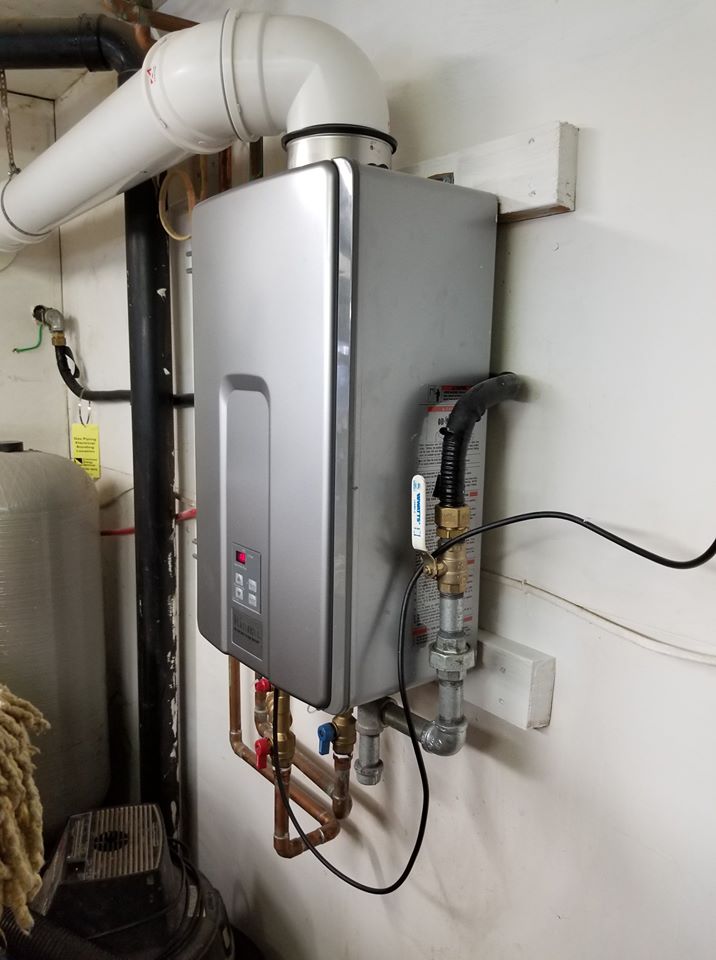
What you need to know
Next to heating and air conditioning, water heating eats up a large chunk of your home’s energy budget. A whopping 25% to be exact! Old, inefficient and leaking water heaters can use even more. What to do if it’s time to replace that dinosaur in the basement? You should investigate switching to propane, especially if you already have propane gas service at your home for other appliances.
If you’re not in a panic to replace a leaking water heater, spend some time researching the pros and cons of each fuel source. There is a ton of information available on the internet. Here’s a couple items to look at:
- Price to purchase and install: Generally speaking, an electric water heater is cheaper to purchase and if you already have one in place, also cheaper to install. Swapping the similar equipment makes sense or does it? While the electric water might have a lower initial cost, over the life of the water heater, propane will cost less. The savings comes from propane’s higher BTU input compared to electric. Propane puts out an impressive 92,000 BTU/gallon, where electricity is a paltry 3,413 BTU/kilowatt hour.
- Have you ever been in the middle of singing Queen’s Bohemian Rhapsody in the shower and run out of hot water? No? Huh, that must just be me! Propane water heaters will keep you in hot water longer because they tend to heat up more quickly (Review #1). The recovery rate and first-hour rating (FHR) determine if a unit will meet your home’s water heating needs.
Recovery rate (or time) is the amount of hot water that your water heater can provide in a given period of time once it has been completely drained. It is measured in gallons per hour and provides a basic idea of the speed your water heater provides hot water. Typically, manufacturers will list a recovery rate based upon a 90°F output temperature. This number is important if you have a high hot water demand. What you will find is that propane water heaters usually have a higher recovery rate than electric heaters because of the greater BTU output.
First Hour Rating is a calculation used to explain the capability of a water heater to fully heat water within the first hour of use. To get a water heater’s FHR, you need to multiply the tank’s maximum capacity by 70% and add the result to the heater’s recovery rate. The result is the first hour rating measured by gallons per hour. Why only 70%? When you use hot water from the tank, cold water enters (typically from the bottom). This causes the overall water temperature to drop inside the tank. The theory is once you have used 70% of the tank’s hot water capacity, the water now in the tank is cold.
These two numbers are either provided on the Energy Star Rating label or manufactures information statement. Check out the manufacturer’s website. A lot of information can be found. What you can expect to discover is that propane heats water faster so you can get more Mama Mias in when taking a shower.
Water heating is an integral part of every home and it’s likely that you won’t think about it until you run out or something goes wrong. Plan ahead and you will be able to make an educated decision regarding the replacement of your water heater.
If you have questions about your service or products we offer, please email info@combinedenergyservices.com Do not leave a service or product question in the comments.
